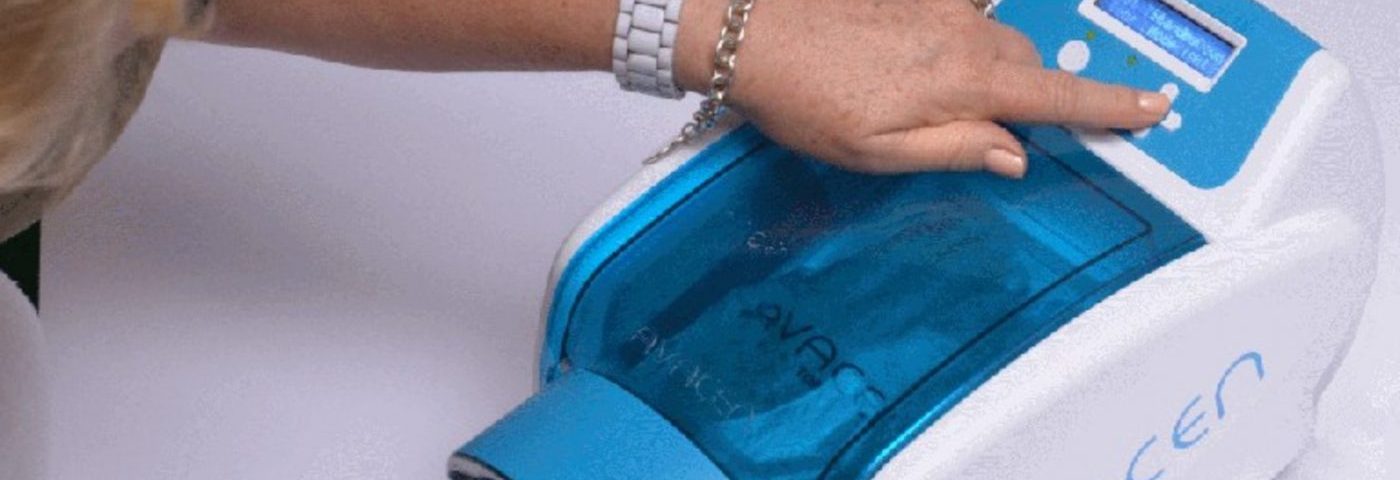Avacen Medical recently announced that its Avacen 100 Class II medical device, previously licensed for treating joint pain associated with arthritis, is now licensed by Health Canada to treat generalized pain associated with fibromyalgia.
Unlike previously approved treatments for the widespread pain associated with fibromyalgia, which Lyrica (pregabalin) or Savella (milnacipran), Avacen 100 uses the “Avacen Treatment Method” to offer drug-free muscular relaxation.
The Avacen device infuses heat, non-invasively, into the circulatory system to create muscular relaxation, while increasing microcirculation throughout the body.
Health Canada’s decision follows the recent CE Mark approval for Avacen 100 – a regulatory status that means a drug or product is aligned with the European Commission’s standards and can be marketed in any of the European Union’s 28 member states.
Avacen 100 was evaluated in a Phase 2 clinical trial (NCT01619579) it sponsored in 22 fibromyalgia patients. The 28-day follow-up study showed a statistically significant reduction of more than 40 percent in widespread pain index among participants, and a reduction in average tender point counts from approximately 15 to 9, a press release states.
In\Thomas Muehlbauer, Avacen Medical’s CEO, described Avacen 100 as “the only medical device on the market today able to provide non-invasive, rapid whole-body treatment, using a single point of contact. It is the ideal drug-free and safe alternative for relief of muscle and joint pain.”
Trial results were published in the open-access journal Fibromyalgia, under the title “Effects of a 4-week AVACEN Treatment on Pain Perception in Fibromyalgia: An Open Label Study.”
According to the National Fibromyalgia Association, fibromyalgia affects an estimated 10 million people in the United States and about 3 to 6 percent of the world population.
In related news
Low to moderate alcohol consumption is associated with greater hippocampal volume, decreased intensity of clinical pain, and better sleep quality in fibromyalgia patients, new research shows.
The study, “Low-to-Moderate Alcohol Consumption is Associated With Hippocampal Volume in Fibromyalgia and Insomnia,” was published in Behavioral Sleep Medicine.
Researchers at the University of Florida investigated whether alcohol consumption in fibromyalgia patients both with and without chronic insomnia is associated with differences in the structure of the hippocampus by MRI (magnetic resonance imaging). They also evaluated the effect of alcohol on a number of pain and sleep-related measures.

